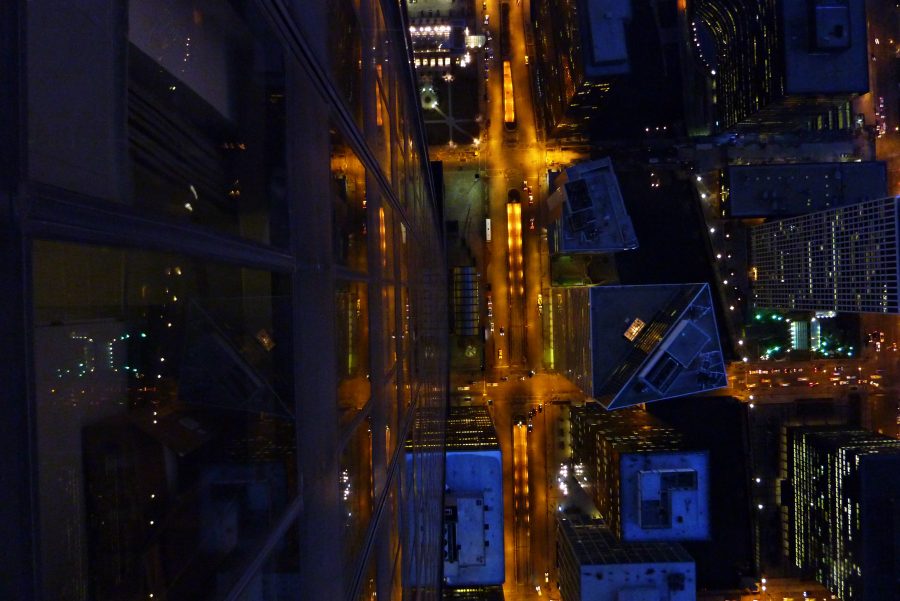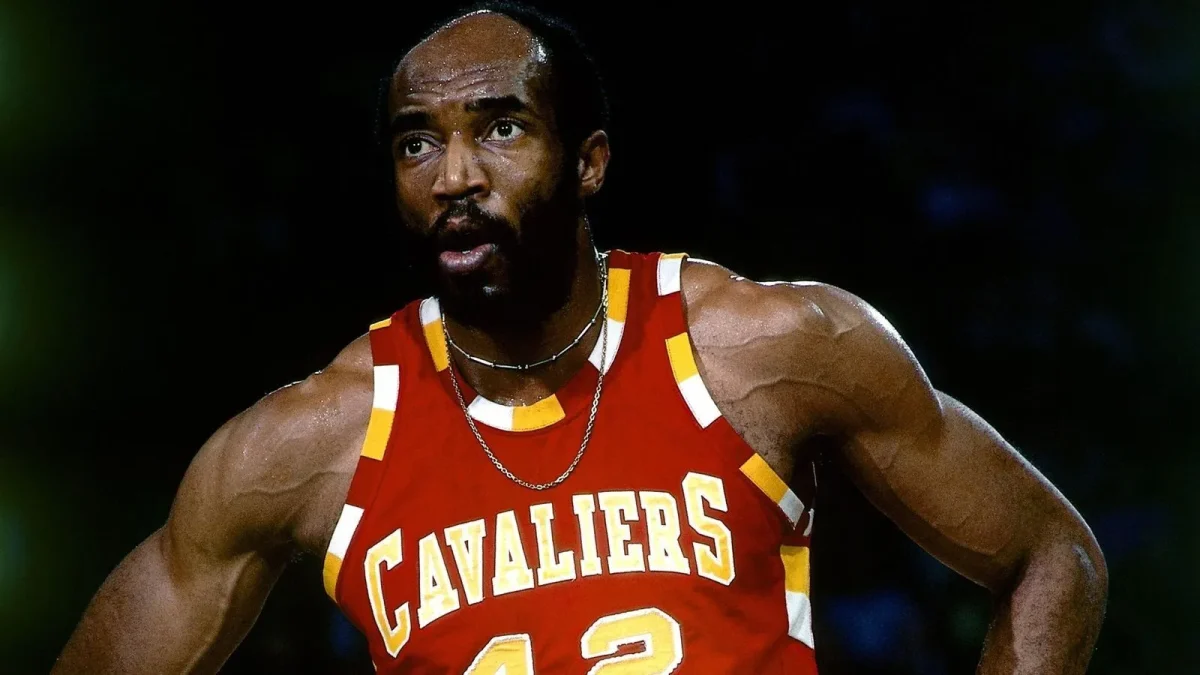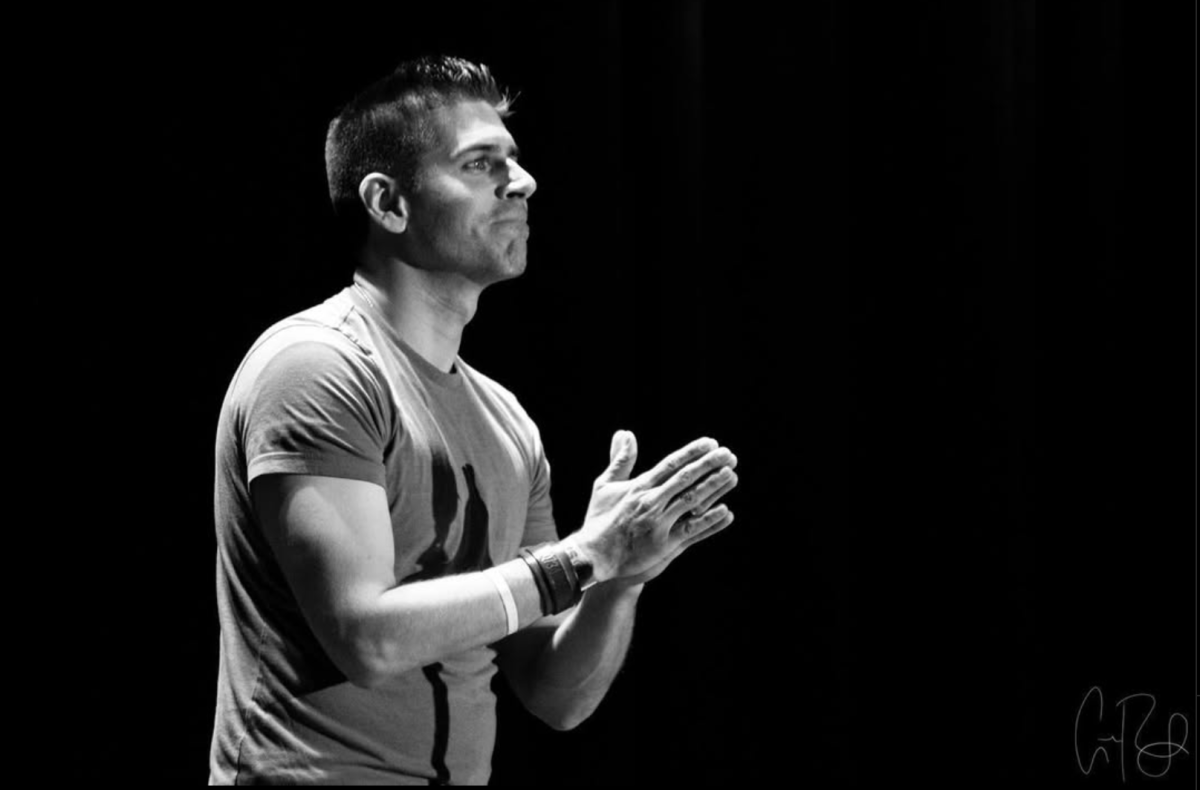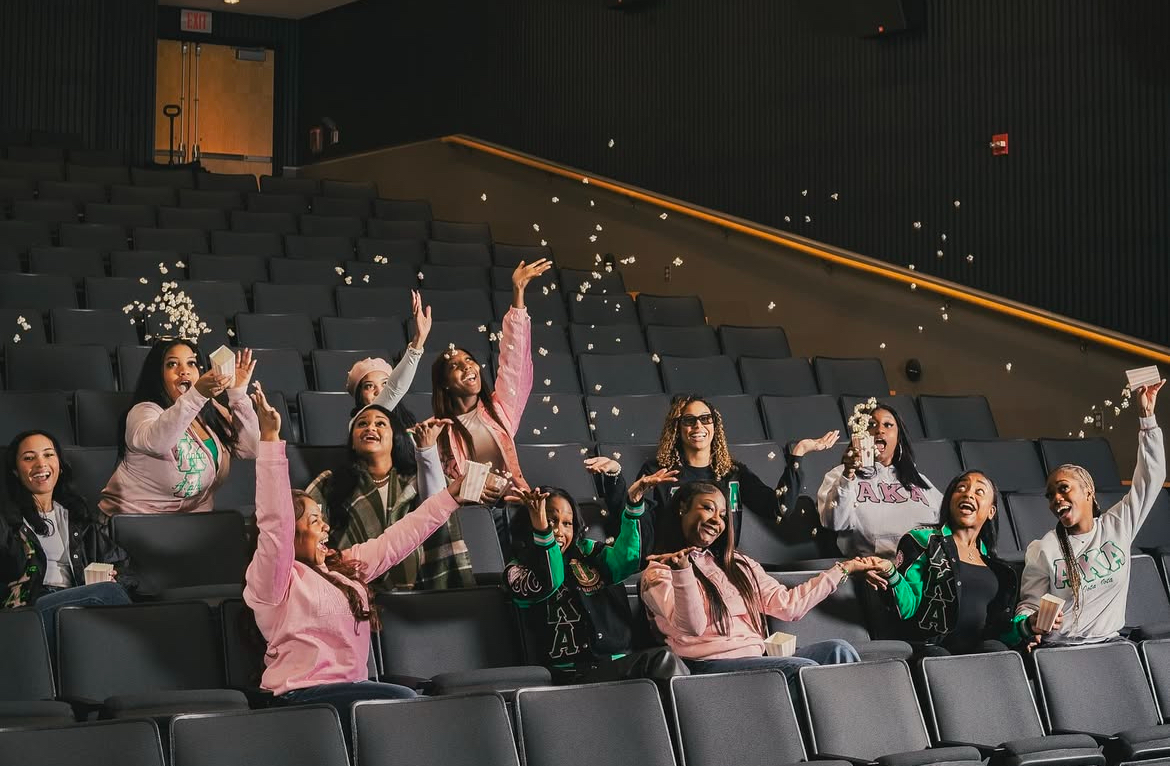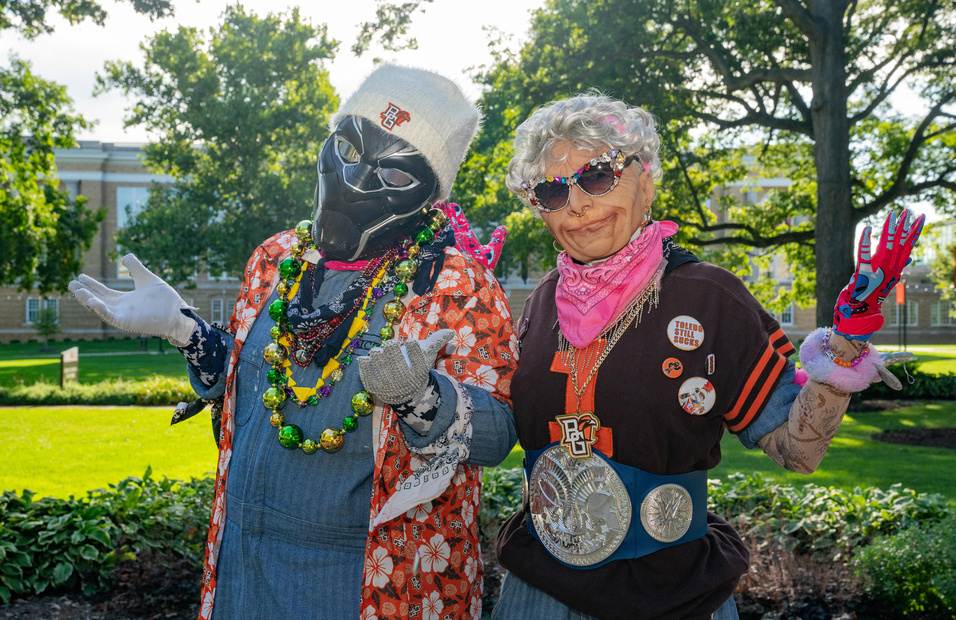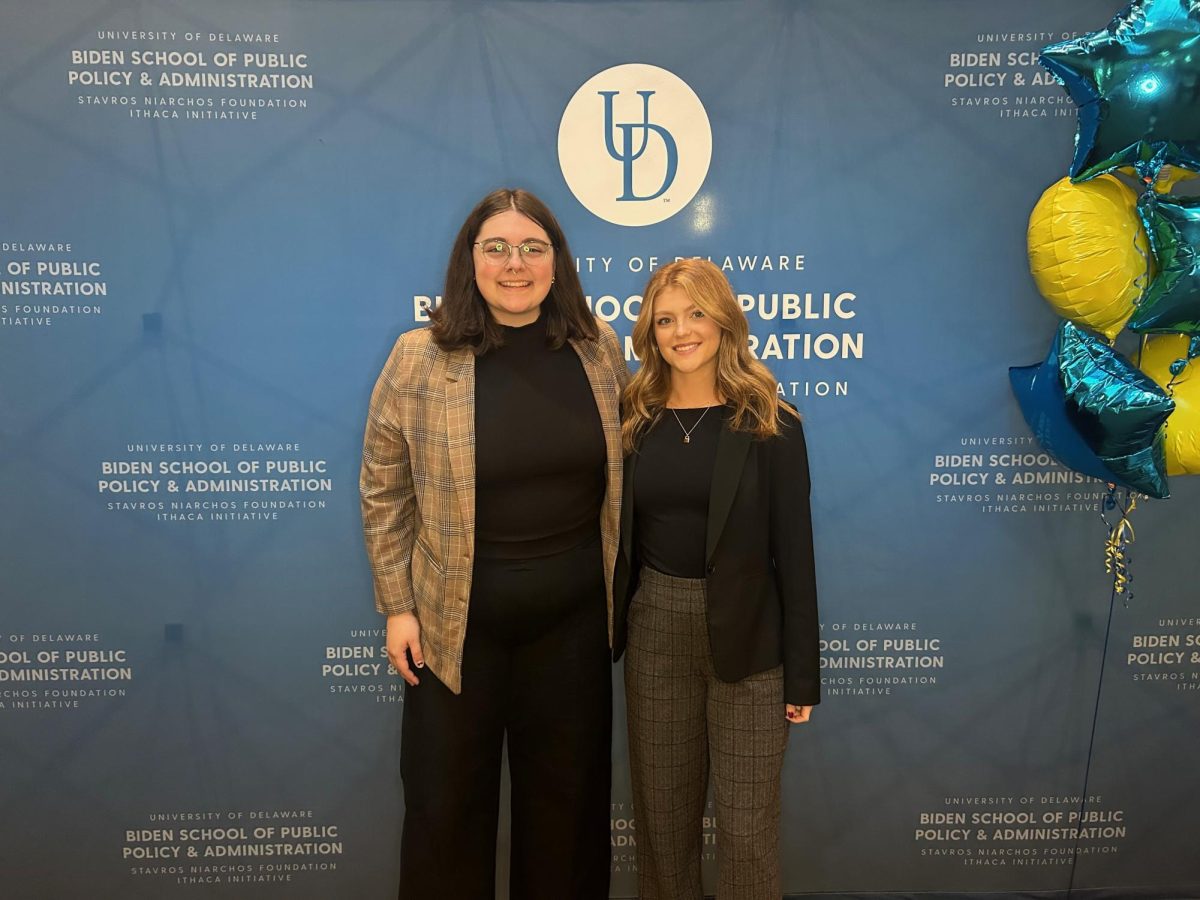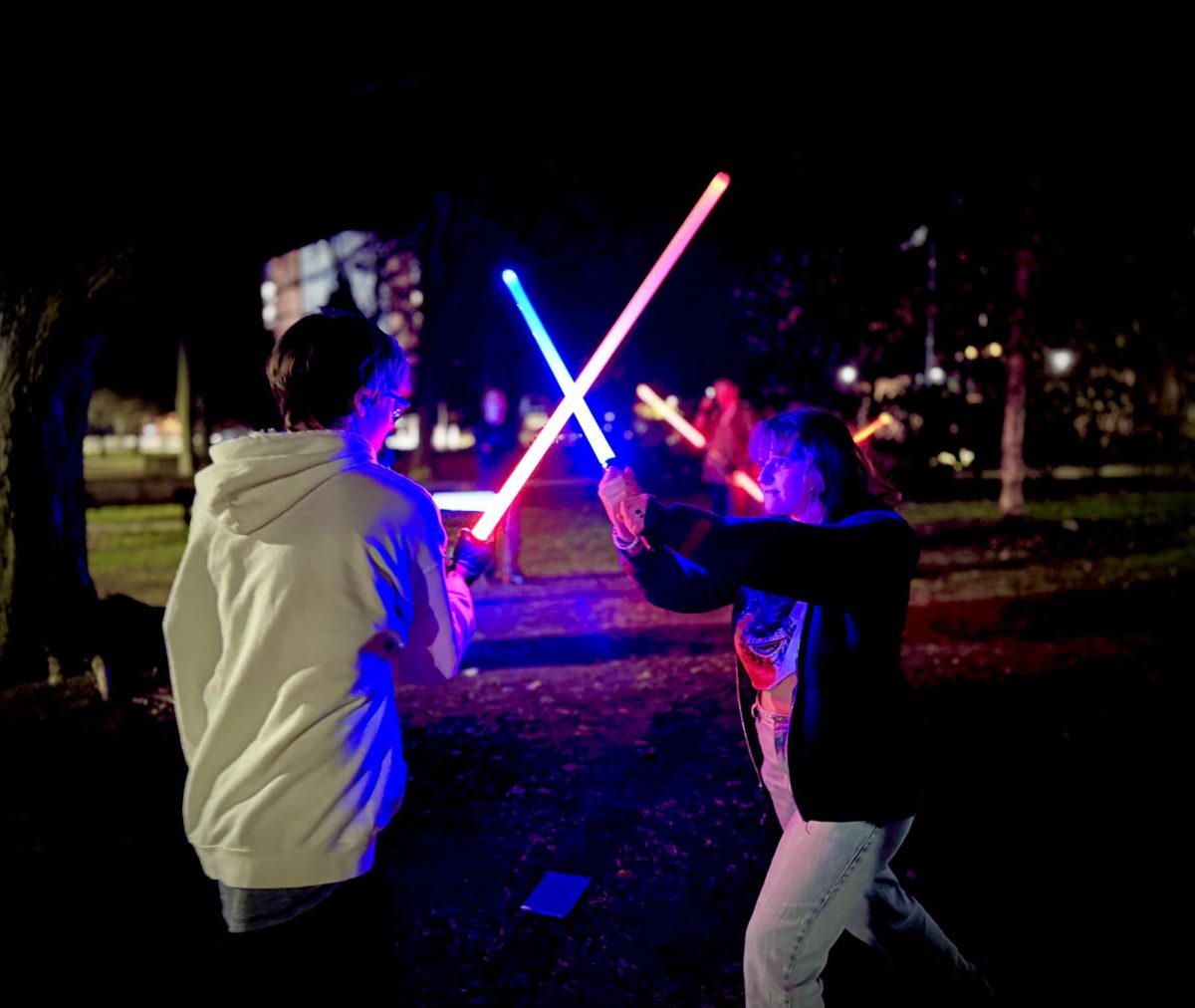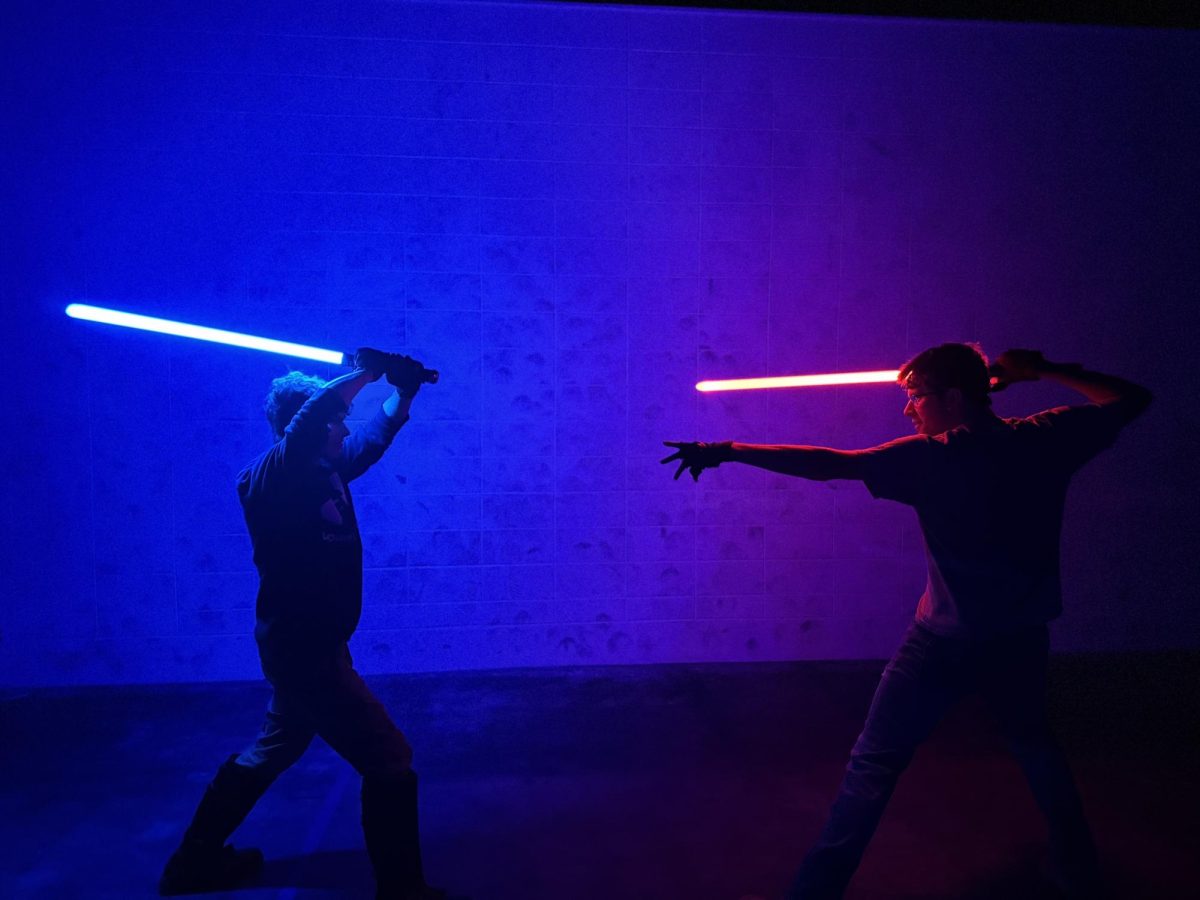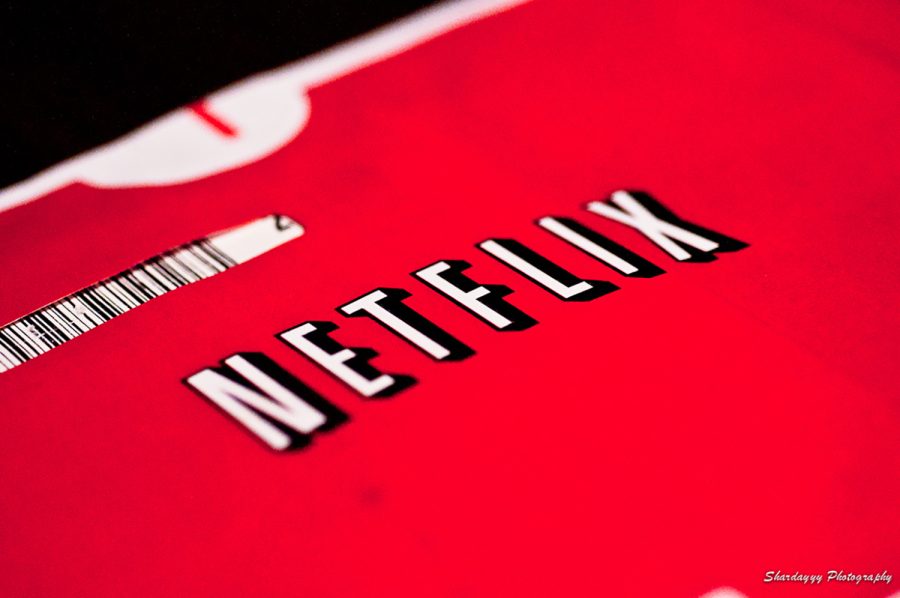“The whole world is watching.” That is the rallying cry heard throughout “The Trial of the Chicago 7,” the new film written and directed by Aaron Sorkin and released onto Netflix just last weekend. More known for his formidable talents as a screenwriter, Sorkin also finds himself in the director’s chair as he brings the story of the infamous trial to life in a way that couldn’t be more suitably relevant to the improbable cultural powder keg that is 2020.
The “Chicago 7” refers to the high-profile group of activists who, along with Black Panther Party Chairman Bobby Seale, were indicted with counts of conspiracy, crossing state lines to incite riots and other charges related to the anti-Vietnam War and countercultural protests occurring in Chicago during the Democratic National Convention of 1968.
Their indictment came following a five-day standoff with the Chicago Police Department and a six-month deliberation period, during which the country saw the shift in power between the Johnson and Nixon administrations and an even greater escalation of American involvement overseas. With a frenzied media landscape as its witness, the 5-month-long trial tested the patience of a government on the brink of collapse and captivated a nation at its wits end.
Regardless of what year the film is set in, the context is a perfect outlet for Sorkin and his knack for crafting snappy, rapid-fire dialogue that serves as his characters’ greatest weapon. “A Few Good Men” and “Steve Jobs,” to name just a few, have proven that, in the worlds Sorkin creates, so much of the drama and tension hinges on what the characters say rather than what they do. Every conversation is an exercise in combat, every word that is spoken is one step closer to potentially all-out verbal warfare.
However, with his Academy Award-winning screenplay for “The Social Network,” Sorkin has also demonstrated that he is a master at creating scenarios that, no matter the time or place, have a stunning contemporary aura about them and a deeper message about the world of today. This is not to say “The Trial of the Chicago 7” is his most absorbing effort, or even the kind of effort that he has been building up to throughout his distinguished career, but it is unquestionably one of his most urgent.
Simply recreating the trial on paper is a daunting task in and of itself, but Sorkin is more than up for the challenge, and he is effectively aided by a well-chosen ensemble of actors. The face-off against ambivalent prosecutor Richard Schultz, respectably portrayed by Joseph Gordon-Levitt, and the ignorant, dishonorable Judge Julius Hoffman — played by Frank Langella, who, having played Richard Nixon in Ron Howard’s “Frost/Nixon,” is no stranger to portraying despicable figures in American history — highlights the diametrical points of view that internally separate the defendants and their stances on protesting, a quality that each actor realizes in their rendering of the characters.
With gusto, Sacha Baron Cohen delivers an unexpectedly layered performance as the comedic Yippie leader, Abbie Hoffman — no relation to the judge, the film humorously points out. An undeniable smart-ass who is still the most aware of how incompetently circus-like and horrifying the American judicial system is, Hoffman frequently enjoys stirring the pot and riling up both the court and fellow defendant Tom Hayden, the nonviolent idealist leader of the Students for a Democratic Society played by Eddie Redmayne.
Their ideological clash is the most significant of the group’s internal rifts, but they each have their own things to worry about. John Carroll Lynch’s David Dellinger struggles to maintain the level-headedness instilled in him as a Boy Scout’s troop leader and conscientious objector. Bobby Seale, whose case was eventually declared a mistrial and whose strong convictions are wonderfully reflected through Yahya Abdul-Mateen II, finds himself without proper representation and desperately attempts to defend himself while staring down the racist Judge Hoffman. William Kunstler, the Chicago 7’s rational, but abrasive, lawyer played by Mark Rylance, is tasked with the nearly impossible job of uniting the seven men and convincing them of a greater truth: they are not on trial for what they did; they are on trial for who they are.
No matter how convincingly an actor delivers their lines, however, one can always say that Aaron Sorkin is almost too good at screenwriting. When characters in his film speak, it’s with an unrivaled eloquence, as if everyone, at every moment, knows exactly what to say. He’s gotten his fair share of flack for this very reason, as some are likely to say that his idea of dialogue, complete with earth-shattering insults and pop culture references, has the potential to make a scene feel less organic or inauthentic. “The Trial of the Chicago 7” certainly has a few sequences that don’t feel as impactful as they should because the dialogue often feels premeditated and lasts a bit longer than is probably necessary.
However, it’s not always a matter of what they say; sometimes, it’s how they say it that’s just as important. It’s how the events of the film are depicted that is more likely to resonate with viewers.
Once again embracing the nonlinear narrative structure he has worked with many times before, Sorkin, along with editor Alan Baumgarten, works wonders as he succinctly relays the details of the riots in Chicago through flashback, bringing the important points to the viewer’s attention at the same time the information is being presented to the people of the court. The use of actual footage of the riots intercut with these flashback sequences gives them an even more sobering significance.
It’s through this marriage of diction and his story structure that Sorkin is able to shed light on the injustices that line the trial and the implications these injustices continue to have on America today.
That “The Trial of the Chicago 7” has been released in the aftermath of unprecedented media coverage of politically- and racially-charged protests against police, and mere weeks before one of the most important presidential elections in recent memory, is by no means a coincidence.
In being made an example by the federal government to remind the people why dissension is a big fat no-no, the Chicago 7’s resilience in the face of a system determined to keep them in their place will have you wondering how far we’ve actually come as a society. As the well-being of our country’s constitutional rights continue to hang in the balance, it most definitely feels like the whole world is watching.


